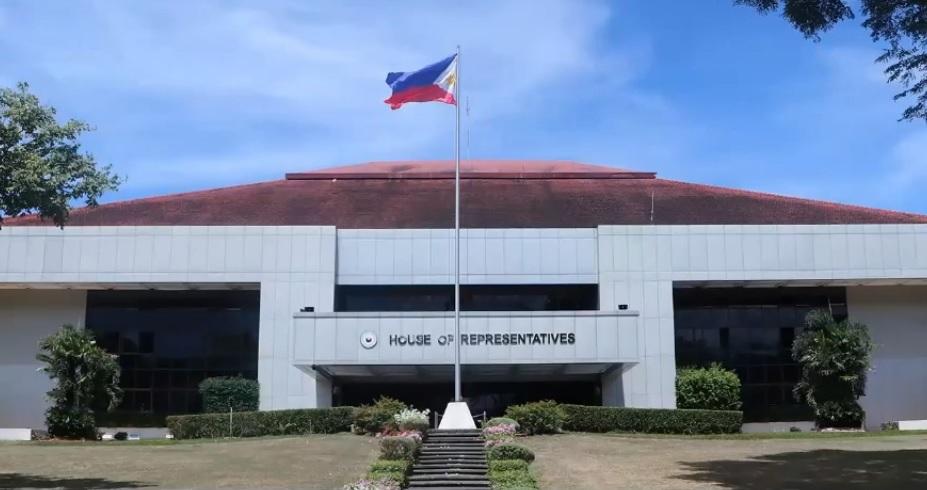House leaders: P26 billion AKAP not a political tool

House leaders on Tuesday defended the allocation of P26 billion for the Ayuda Para sa Kapos sa Kita Program (AKAP) in the 2025 national budget, dismissing claims that the program is being used as a political tool ahead of the May 2025 elections.
House Deputy Speaker and Quezon Representative Jayjay Suarez rejected criticisms, citing data from the Department of Social Welfare and Development (DSWD).
He explained that AKAP targets the "near-poor" sector—families on the brink of poverty due to unexpected crises like illness or economic shifts.
“Bakit po natin lalagyan ng malisya ‘yang [AKAP]?... Tuwing magkaroon ng problema sa kanilang pamilya, biglang napapasama sila sa sektor na mahihirap,” Suarez said.
(Why treat AKAP as something malicious? When families face problems, they often slip into poverty.)
Suarez emphasized that government aid has historically focused on the "poorest of the poor," leaving the near-poor sector vulnerable.
House Assistant Majority Leader and Tingog party-list Representative Jude Acidre echoed Suarez, defending AKAP as a means to bolster the purchasing power of working citizens.
“Pinakamalaki ang benefits ng estado kung tinutulungan natin ang productive citizens,” Acidre explained, stressing that supporting workers contributes to economic growth.
He compared AKAP to the financial aid program in Thailand, where citizens receive cash assistance to stimulate the economy.
Meanwhile, House Appropriations Committee Vice Chairperson and Ako Bicol party-list Representative Raul Bongalon assured the public that lawmakers had no direct influence over AKAP distribution.
He cited the 2013 Supreme Court decision on the Priority Development Assistance Fund (PDAF), which prohibits discretionary spending by legislators.
“DSWD is the sole implementor of AKAP. The list of beneficiaries is evaluated by social workers. We don’t have a say on how they will implement it. In fact, AKAP won’t be given to beneficiaries unless they are verified by a registered social worker of the DSWD,” explained Bongalon.
He clarified that lawmakers merely inform the DSWD of areas needing social assistance programs, with no control over beneficiary selection.
Despite these assurances, opposition lawmakers from the Makabayan bloc criticized AKAP, calling it a “political tool” designed to enable vote-buying disguised as financial aid.
“Bakit ang pera para sa kalusugan, edukasyon, at iba pang pangangailangan ng taumbayan ang laging tinatanggalan?” the bloc asked.
(Why are funds for health, education, and other essential services always reduced?)
Makabayan argued that funds allocated to AKAP should be realigned to social services free from political intervention.
On December 11, the Senate and the House of Representatives ratified the 2025 General Appropriation Bill (GAB) in which the Education Department's funding for its computerization program was cut amid a significant amount of unutilized funds.
The bill also removed the P74.43 billion subsidy for the Philippine Health Insurance Corporation (PhilHealth) amid the state health insurer's P600 billion reserve funds.




